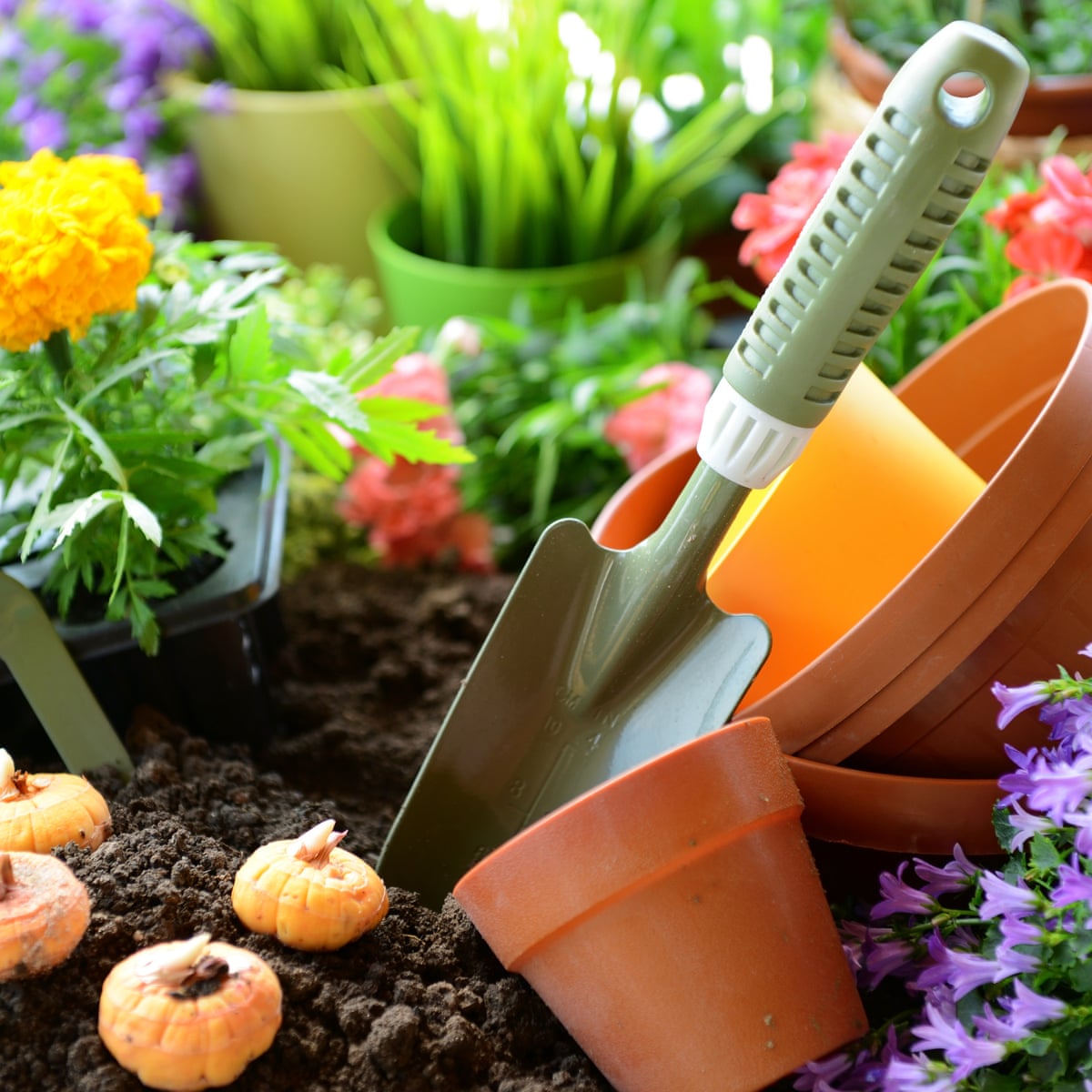The Best Gardening Plants for Low-Maintenance and High Compensate
The Best Gardening Plants for Low-Maintenance and High Compensate
Blog Article
Understanding the Different Types of Gardening and How They Add to a Much Healthier Way Of Life and Atmosphere

Benefits of Vegetable Horticulture
Numerous individuals are significantly identifying the myriad benefits of veggie horticulture as a crucial component of a healthier way of life. Involving in vegetable horticulture supplies various physical wellness benefits, consisting of raised exercise, which improves cardio health and promotes overall health and fitness. The act of growing, weeding, and harvesting requires movement and can help fight less active behaviors, adding to weight monitoring and enhanced muscle mass tone.
Moreover, growing one's very own veggies considerably improves dietary top quality. Homemade fruit and vegetables is typically fresher and more nutrient-dense compared to store-bought alternatives, as it can be taken in shortly after harvest. This access motivates a greater intake of fruits and veggies, which are essential for preventing chronic illness.
Additionally, vegetable gardening promotes mental well-being by providing a restorative electrical outlet for tension alleviation and leisure. The act of often tending to plants can be introspective, enabling people to get in touch with nature and leave the pressures of life. In addition, the lasting method of expanding one's own food minimizes reliance on commercial farming, contributing to ecological preservation and promoting biodiversity. Jointly, these advantages underscore the relevance of veggie horticulture as a cornerstone of a healthier way of life.
Discovering Flower Horticulture

In enhancement to aesthetic benefits, flower gardening sustains local communities. Lots of flowering plants draw in pollinators, such as and butterflies, which are crucial for maintaining biodiversity. The presence of diverse vegetation can also boost dirt health and wellness, as numerous plants contribute to vitamins and mineral cycling and improve dirt structure.
Additionally, flowers can play a significant role in promoting sustainable techniques. Many gardeners select indigenous or drought-resistant species, which need much less water and marginal chemical inputs. This technique not only benefits the environment yet also motivates accountable gardening practices.
Eventually, blossom gardening offers as an essential component of a holistic horticulture method. Gardening. By cultivating elegance and supporting regional environments, it harmonizes with veggie gardening and highlights the value of nurturing both our physical and mental health with nature
Container Gardening Advantages
Container gardening deals numerous benefits that make it an enticing option for both newbie and seasoned garden enthusiasts. Among the main advantages is its flexibility; containers can be put on patio areas, porches, and even indoors, permitting horticulture precede with minimal ground access. This flexibility makes it possible for people in urban atmospheres or those with little backyards to cultivate plants effectively.
Furthermore, container gardening offers enhanced control over dirt top quality and wetness degrees. Gardeners can select certain soil blends to maximize plant health and alleviate concerns like weeds and insects. The movement of containers likewise permits for very easy moving to take full advantage of sunshine exposure or safeguard plants from stormy weather.
Moreover, container gardens can be aesthetically pleasing, offering a chance for creative thinking in design. Gardening. They can offer as ornamental components that enhance outside or indoor rooms while promoting biodiversity by drawing in pollinators
Lastly, container gardening can contribute to a much healthier lifestyle by motivating physical activity, as it commonly includes training, growing, and preserving plants. Overall, the advantages of container horticulture make it an obtainable and satisfying method for those looking for to improve their way of life and environment.
The Surge of Vertical Horticulture
As metropolitan rooms come to be significantly crowded, the pattern of upright horticulture has actually removed, enabling people to maximize their horticulture possibility in restricted locations. This ingenious approach involves growing plants in vertical structures, such as wall-mounted planters, additional info trellises, or specialized vertical garden systems. The charm of vertical gardening lies not only in its effective usage of room yet likewise in its visual payment to city settings, changing bare wall surfaces right into lavish green landscapes.
Vertical gardens can be set up in homes, verandas, and neighborhood areas, supplying a system for expanding a selection of plants, consisting of natural herbs, vegetables, and ornamental flowers. This method urges biodiversity and can boost air top quality by filtering system toxins while advertising a connection to nature in densely inhabited areas. Additionally, vertical horticulture supplies sensible advantages, such as boosted yield per square foot, making it an eye-catching choice for urban gardeners looking for to expand their own food.

Sustainable Practices in Gardening
Accepting lasting techniques in horticulture is important for promoting environmental health and wellness and ensuring the viability of our natural resources. Sustainable gardening methods focus on lowering ecological influence, preserving water, and cultivating biodiversity. By applying practices such as organic gardening, gardeners can reduce the usage of synthetic fertilizers and pesticides, which can harm local communities.
Companion planting is another effective lasting technique, where particular plants are expanded together to improve growth and deter pests normally. Furthermore, utilizing indigenous plants in landscaping supports neighborhood wildlife and requires less upkeep, as they are naturally adjusted to the regional climate and soil problems.
Water preservation techniques, such as rainwater harvesting and drip watering, assistance to effectively manage water sources, therefore minimizing waste. Composting natural waste click this not only enhances the soil yet likewise decreases landfill contributions, advertising a circular economy.
Last but not least, exercising crop turning and cover chopping enhances dirt wellness and minimizes the danger of insect infestations. By incorporating these sustainable techniques, gardeners can create resistant environments that add read this article to a healthier lifestyle while guarding the atmosphere for future generations.
Conclusion

Finally, the diverse approaches of gardening, including veggie, flower, container, and vertical horticulture, collectively advertise a healthier way of living and improve environmental sustainability. Each kind offers distinctive benefits, from supplying fresh fruit and vegetables and drawing in pollinators to maximizing limited areas and motivating biodiversity. By fostering sustainable techniques, these gardening comes close to not just contribute to private health but additionally support wider eco-friendly conservation initiatives, inevitably decreasing reliance on commercial agriculture and improving neighborhood strength.
Report this page